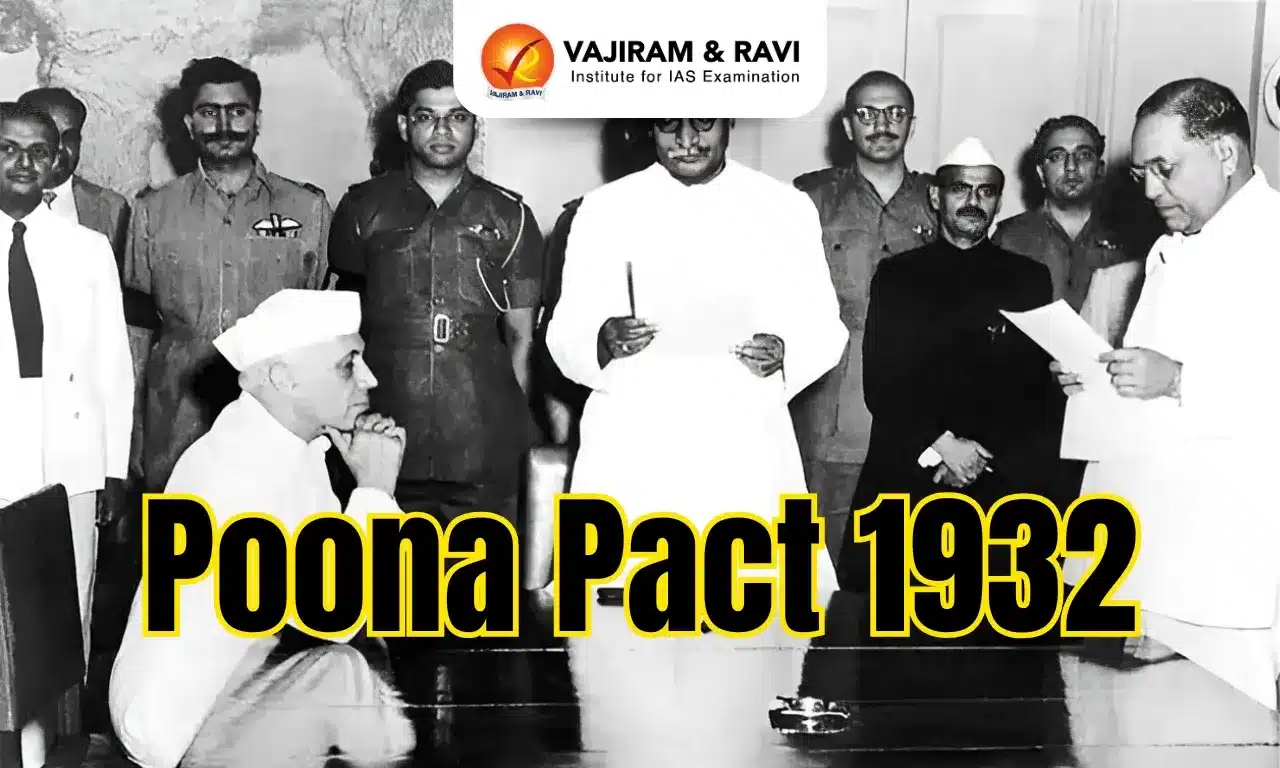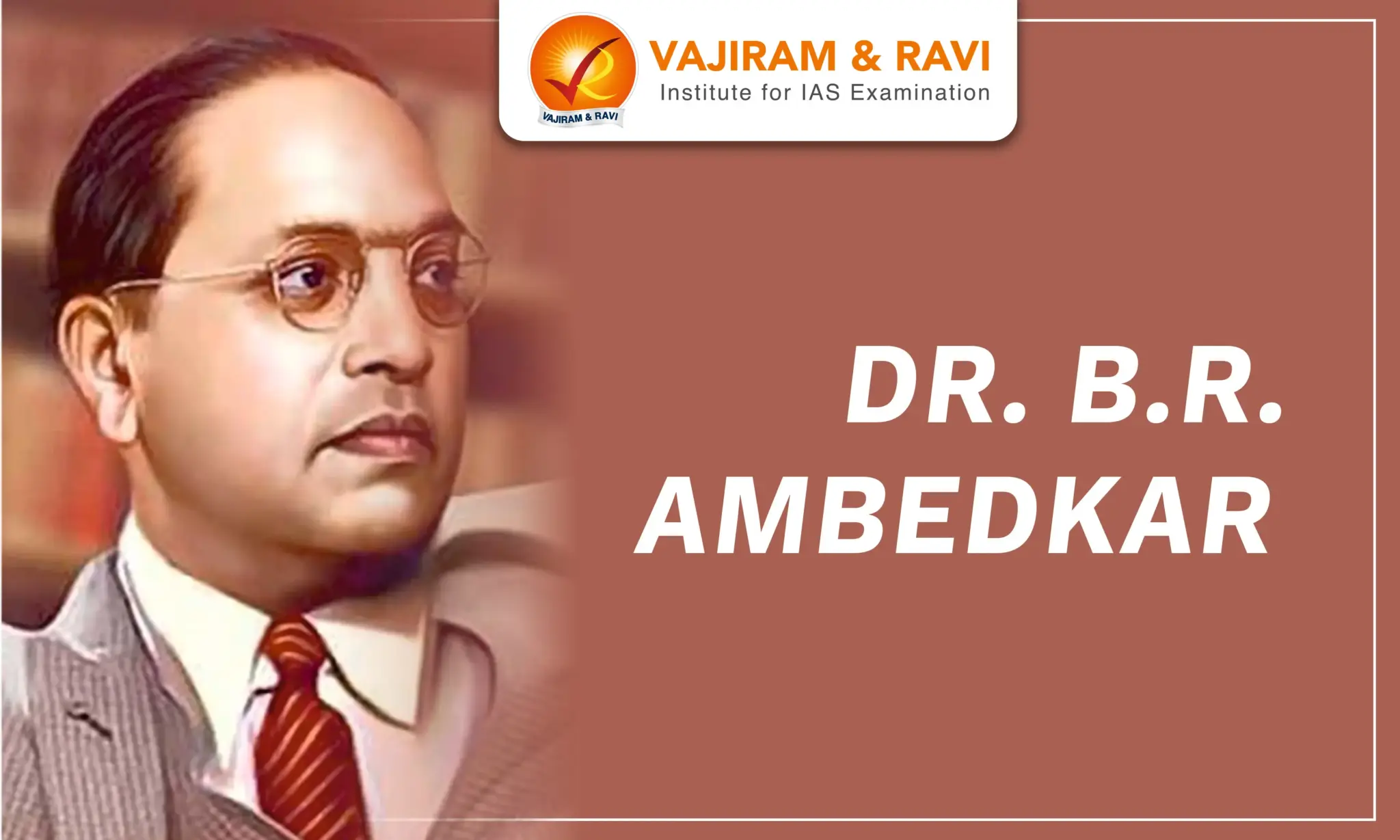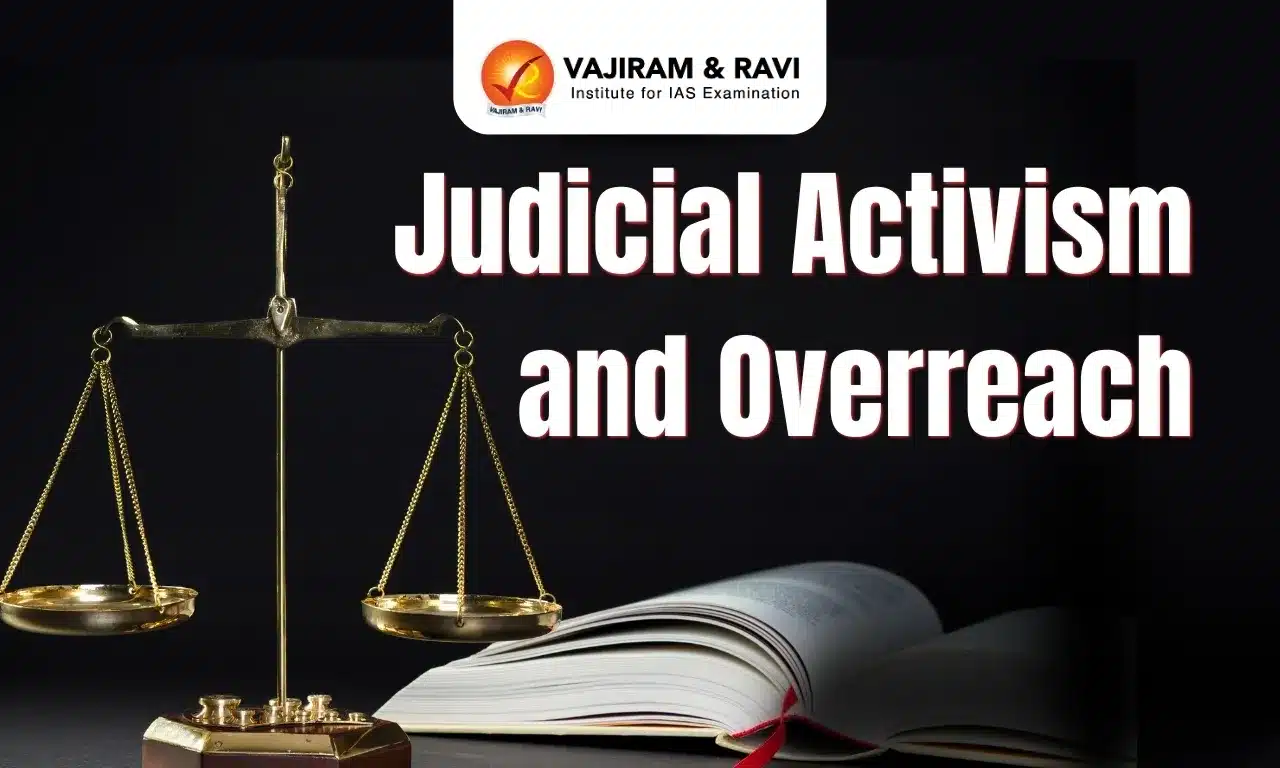Communal Award and Poona Pact: The Communal Award, introduced on August 16, 1932, by the British colonial government under Ramsay MacDonald, was a policy designed to grant separate electorates to various religious and social communities in India, including the Dalits (then referred to as the "Depressed Classes"). While intended to empower marginalized groups, it also threatened to perpetuate the divisive communal lines and undermine the unity of the Indian freedom movement. It was in this tumultuous backdrop that the Poona Pact (1932) emerged.
It marks a pivotal moment in India's journey towards independence and its commitment to forging a more inclusive society. The Poona Pact is the product of intense negotiations and mutual understanding between Ambedkar and Gandhi, which would ultimately reshape the political landscape and redefine the rights and representation of the Dalit community in India.
Demand for Political Representation of Depressed Classes
In the 1920s, electoral reforms in India aimed to make the government more representative. However, the issue of the representation of the Depressed Classes had divergent views within the Indian society and political parties. The access to education, ongoing social reforms, the emergence of new leaders and political empowerment made the leaders of the Depressed Classes demand equality in political rights.
- Question of the representation:
- Opinions within the Depressed Classes were divided, with some supporting separate electorates.
- For example, Ambedkar rejected the Rajah-Moonje Pact in 1932, which was based on the principle of reservation of seats in joint electorates.
- Overall, they agreed on the idea of seat reservation but differed on the method of representation.
- Simon Commission and the Demand of Separate Electorates:
- Dr. B.R. Ambedkar, in his submission to the Simon Commission, emphasised that the oppressed classes should be treated as a distinct, independent minority distinct from caste Hindus, and he requested separate electorates.
- However, the Simon Commission instead recommended the mere reservation of the seats.
- Round Table Conferences:
- Ambedkar was nominated by the British government to represent the Depressed Classes at the Round Table Conference in London, where he again demanded separate electorates for depressed classes.
- Congress leaders were opposed to the separate electorates for depressed classes as it would divide society on communal lines.
- British Strategy of Divide and Rule:
- The British government, aiming to divide Indian society and counter nationalist politics, was accommodating toward the Depressed Classes' demands through protective discrimination policies.
- Ultimately, the British government, prompted by the growing momentum of nationalist politics, announced the Communal Award in 1932.
Communal Award 1932
Based on the recommendations of the Indian Franchise Committee (Lothian Committee), and Ambedkard’s efforts, Ramsay MacDonald announced the Communal Award in August 1932. It was based on the concept of separate electorates, which had already been established by the British government through the Morley-Minto Reforms and the Montagu-Chelmsford Reforms. The features of the Award and the reactions against it are as follows.
Communal Award Features
The Communal Award had the following points:
- Separate electorates: Separate electorates were announced for Marathas, depressed classes, Sikhs, women, Indian Christians, and Anglo-Indians.
- The Marathas were to be given seven seats in the province of Bombay.
- It created separate electorates for the Depressed classes, who were given 71 reserved seats.
- Voting rights to the Depressed classes:
- It granted voting rights to the Depressed classes alongside Caste-Hindus in general elections.
- It also granted an additional vote in designated special depressed class constituencies for a 20-year term.
- Doubled the seats:
- It distributed the seats In the provincial legislatures on a communal basis and doubled the existing seats of the provincial legislatures.
- Muslims were to be given weightage wherever they were a minority.
- Reservation for Women: 3% of seatswere to be reserved for women in all provinces except in the North West Frontier Province.
- Seats to other social groups: Seats were allocated for labourers, landlords, traders, and industrialists.
Reaction to the Communal Award
The announcement of the Communal Award after the Second Round Table Conference attracted severe criticism from various leaders, particularly Mahatma Gandhi.
- Congress: Congress opted not to accept or reject the Communal Award formally without the consent of minorities despite opposing the separate electorates.
- Gandhi:
- Mahatma Gandhi heavily criticised the communal awards and considered it as a tool to divide Indian society.
- He protested against the Communal Award and went on a fast unto death in the Yerawada jail on 20 September 1932.
- He was supportive of proper representation but did not agree with the idea of a separate electorate.
- Ambedkar:
- Ambedkar, irrespective of Gandhi’s declaration of “fast unto death”, was not in the mood to give up the demand.
- He called Gandhi’s fasting declaration merely a political move rather than a moral fight.
- Various other leaders:
- Nationalists were also vehemently opposed to the effort to separate the depressed classes from the rest of the Hindus by treating them as separate political entities.
- The leaders of the depressed classes were very happy with the Award and the leadership of Ambedkar was being universally accepted.
Poona Pact 1932
After several deliberations between Ambedkar and Gandhi, a formula based on the principle of the joint electorate was signed on September 24, 1932,called the “Poona Pact”.The Communal Award was amended, and the government accepted it as such.
Poona Pact Features
- Reservation in place of separate electorates:
- Instead of separate electorates, the Poona Pact established a system of reserved seats for the Scheduled Castes within the general electorate.
- 148 seats were reserved for the Depressed Classes in the provincial legislatures against 71 seats given by the Communal Award.
- 18% of the total seatsof the general electorate in the central legislature were to be kept for the Depressed Classes.
- Joint electorates: A blend of separate electorate and general electorate
- In each constituency, Depressed Classes registered in the general electoral roll would form an electoral college.
- It would elect a four candidates-panel for each reserved seat.
- These four candidates would be candidates for the general election.
- Both the Central Legislature and provincial legislatures would have the same principles and methods.
- Educational grants:
- An adequate sum of money in the form of education grants would be provided to every province.
- Future Reservation:
- The continuance of the reservation in future is to be decided by the mutual agreement.
Poona Pact Significance
The Poona Pact is one of the most important events in the history of depressed classes. For the first time, the issue of political representation of the depressed classes was brought to the fore of national politics.
- Political emancipation: The nature of social emancipation of the depressed classes was now changed to political from social.
- Success of the Gandhian perspective of reform: Gandhi, through the Poona Pact, somehow managed to keep the Hindus united, as well as, to ensure the inclusion of Depressed Classes (Harijans, as per him) into the process of decision-making.
- Reservations in the Indian Constitution: The promises of the Poona Pact regarding the reservations found a reflection in the Indian Constitution.
- Ambedkar’s leadership: It cemented the leadership of Ambedkar for downtrodden classes.
- Struggle against untouchability:
- It held the entire country, not just the Congress Party, morally responsible for the uplift of the oppressed classes.
- It accelerated the struggle against untouchability nationwide.
- It was an unequivocal acknowledgement by upper-class Hindus that the oppressed classes were the most discriminated members of Hindu society.
- Aftermath: Subsequent to the Poona Pact, Gandhiji who consistently opposed untouchability and appealed for its eradication from all spheres, included the upliftment of 'Harijans' in his political and social programme. He launched the Harijan Sevak Sangh and a dedicated Harijan newspaper.
Poona Pact UPSC PYQ
Question1: Subsequent to which one of the following events, Gandhiji, who consistently opposed untouchability and appealed for its eradication from all spheres, decided to include the upliftment of 'Harijans' in his political and social programme? (Prelims 2025)
a) The Poona Pact
b) The Gandhi-Irwin (Delhi Pact) Agreement
c) Arrest of Congress leadership at the time of the Quit India Movement
d) Promulgation of the Government of India Act, 1935
| Other Related Posts | |
| Civil Disobedience Movement | Poona Pact |
| Round Table Conference | 1937 Elections |
| Gandhi Irwin Pact | |
Last updated on November, 2025
→ Check out the latest UPSC Syllabus 2026 here.
→ Join Vajiram & Ravi’s Interview Guidance Programme for expert help to crack your final UPSC stage.
→ UPSC Mains Result 2025 is now out.
→ UPSC Notification 2026 is scheduled to be released on January 14, 2026.
→ UPSC Calendar 2026 is released on 15th May, 2025.
→ The UPSC Vacancy 2025 were released 1129, out of which 979 were for UPSC CSE and remaining 150 are for UPSC IFoS.
→ UPSC Prelims 2026 will be conducted on 24th May, 2026 & UPSC Mains 2026 will be conducted on 21st August 2026.
→ The UPSC Selection Process is of 3 stages-Prelims, Mains and Interview.
→ UPSC Result 2024 is released with latest UPSC Marksheet 2024. Check Now!
→ UPSC Prelims Result 2025 is out now for the CSE held on 25 May 2025.
→ UPSC Toppers List 2024 is released now. Shakti Dubey is UPSC AIR 1 2024 Topper.
→ UPSC Prelims Question Paper 2025 and Unofficial Prelims Answer Key 2025 are available now.
→ UPSC Mains Question Paper 2025 is out for Essay, GS 1, 2, 3 & GS 4.
→ UPSC Mains Indian Language Question Paper 2025 is now out.
→ UPSC Mains Optional Question Paper 2025 is now out.
→ Also check Best IAS Coaching in Delhi
Tags: poona pact 1932 quest

















